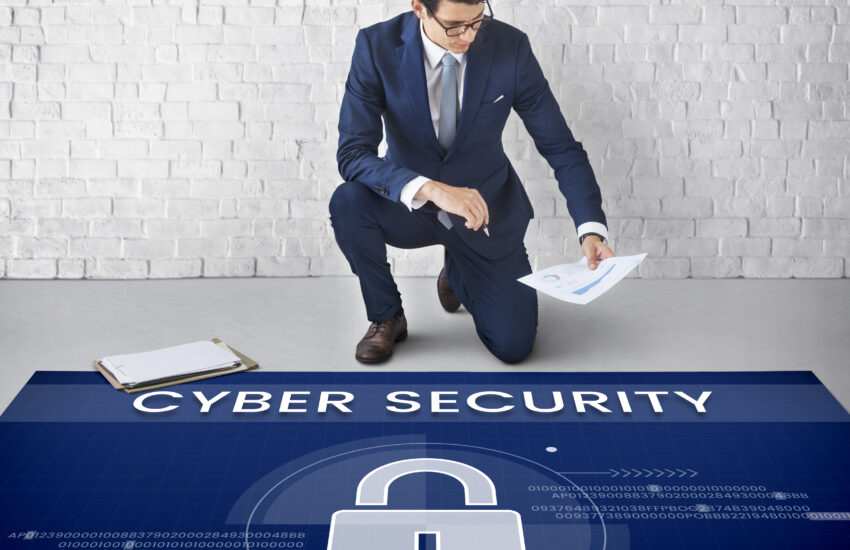The world is becoming more connected every day. From online learning platforms to mobile banking, digital tools are shaping how we live, study, and communicate. While these advancements bring opportunities, they also expose us to risks. For Pakistan’s next generation of students and young professionals, cybersecurity is no longer optional—it is essential.
This article explores why cybersecurity matters, the risks faced by young users, and the steps Pakistan can take to protect its future leaders in the digital age.
What is Cybersecurity?
Cybersecurity is the practice of protecting computers, smartphones, networks, and data from digital attacks. These attacks, often called cyber threats, aim to steal information, spread viruses, or disrupt services.
For students, cybersecurity means keeping online identities safe, preventing data theft, and learning how to use technology responsibly.
Why Cybersecurity is Critical for Pakistan’s Youth
- Growing Internet Usage
Pakistan has millions of young internet users. With affordable smartphones and easy access to social media, students are spending more time online than ever before. This makes them prime targets for hackers, scammers, and cyberbullies. - Digital Education and E-Learning
Schools, colleges, and universities now rely heavily on online platforms. Without proper cybersecurity, sensitive student data and academic information can be compromised. - Cybercrime in Pakistan
Reports show a rise in cybercrimes such as identity theft, phishing scams, and fake news. Young people often fall victim because they are not trained to recognise threats. - National Security Concerns
As Pakistan develops technologically, safeguarding the next generation ensures a secure and innovative digital future for the country.
Common Cyber Threats Faced by Students
- Phishing Attacks: Fake emails or links designed to steal passwords and personal information.
- Malware and Viruses: Harmful software that damages devices or steals files.
- Cyberbullying: Online harassment through social media or messaging platforms.
- Data Theft: Stolen school records, personal details, or social media accounts.
- Addiction to Unsafe Apps and Games: Many apps track user data without permission.
Building Cyber Awareness Among Students
The first step to protection is awareness. Students must learn how to identify and avoid cyber threats. Here are essential habits:
- Use Strong Passwords
Combine letters, numbers, and symbols. Avoid using personal information like birthdays. - Do Not Share Personal Information Online
Be careful about posting photos, addresses, or school details publicly. - Recognise Suspicious Links
Do not click on unknown links or download files from untrusted websites. - Secure Devices with Updates and Antivirus Software
Regular updates protect devices from the latest cyber threats. - Practice Responsible Social Media Use
Think before you post. Remember, once something is online, it can stay there forever.
How Pakistan Can Protect Its Next Generation
- Cybersecurity Education in Schools
Cyber safety should be part of the curriculum. Just like math or science, every student must learn the basics of online protection. - Awareness Campaigns
The government, schools, and NGOs should launch nationwide campaigns highlighting safe online practices. - Stronger Cyber Laws
Pakistan has already introduced the Prevention of Electronic Crimes Act (PECA). These laws must be updated and enforced to protect young users. - Collaboration with Tech Companies
Social media platforms and telecom providers can help by filtering harmful content and promoting cyber awareness. - Encouraging Careers in Cybersecurity
Students should be motivated to study fields like ethical hacking, information security, and digital forensics. This not only protects the country but also opens global career opportunities.
Future of Cybersecurity in Pakistan
With the rise of Artificial Intelligence, cloud computing, and smart devices, the importance of cybersecurity will only grow. Pakistan’s young population is its biggest asset. By educating students today, the nation can prepare a generation of skilled, responsible, and digitally secure citizens tomorrow.
Cybersecurity in the digital age is not just a technical issue—it is a matter of protecting Pakistan’s next generation. Students must be equipped with the knowledge and tools to safeguard themselves online. With education, awareness, and collective effort, Pakistan can build a safer digital future where opportunities outweigh risks.

